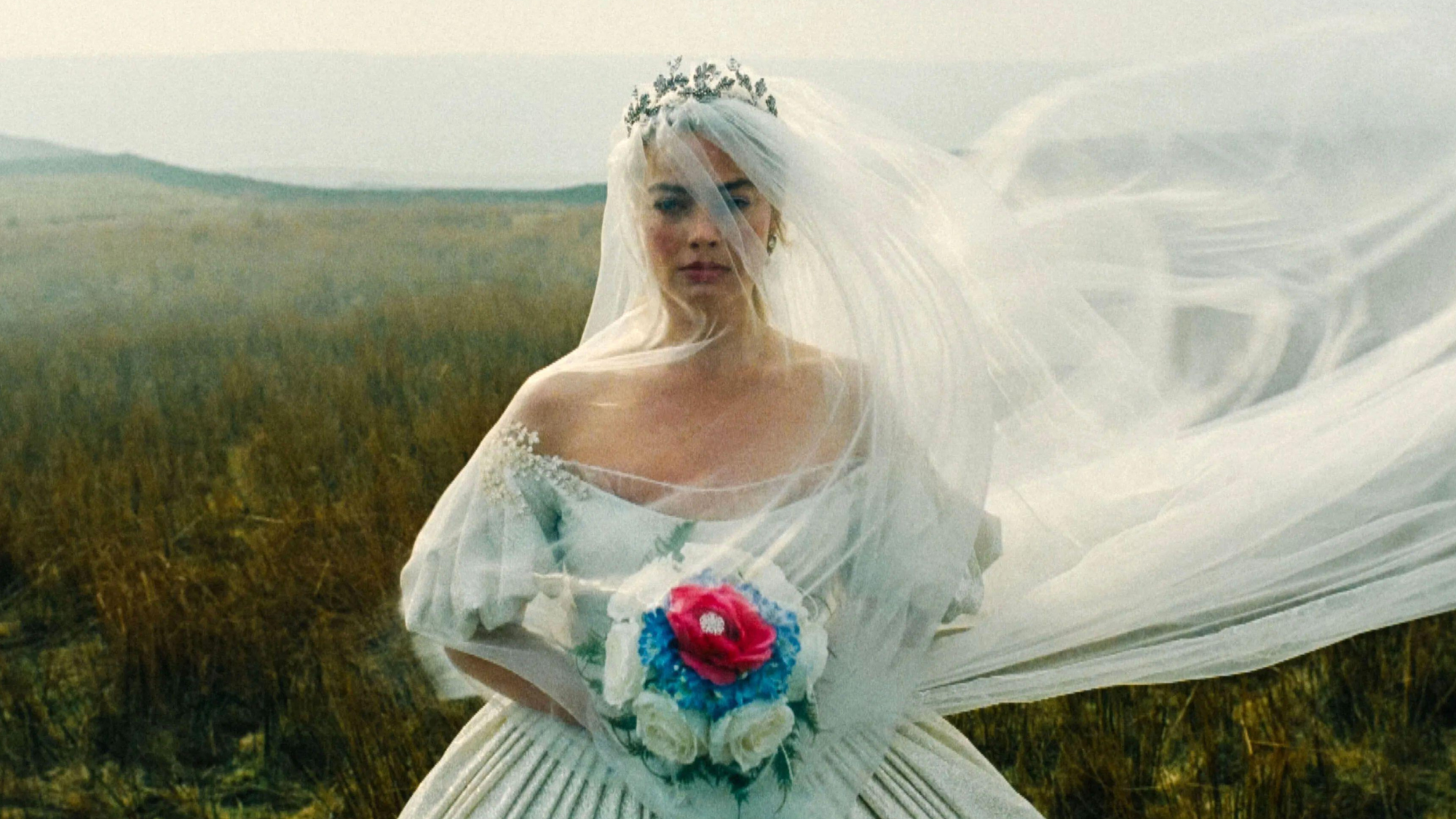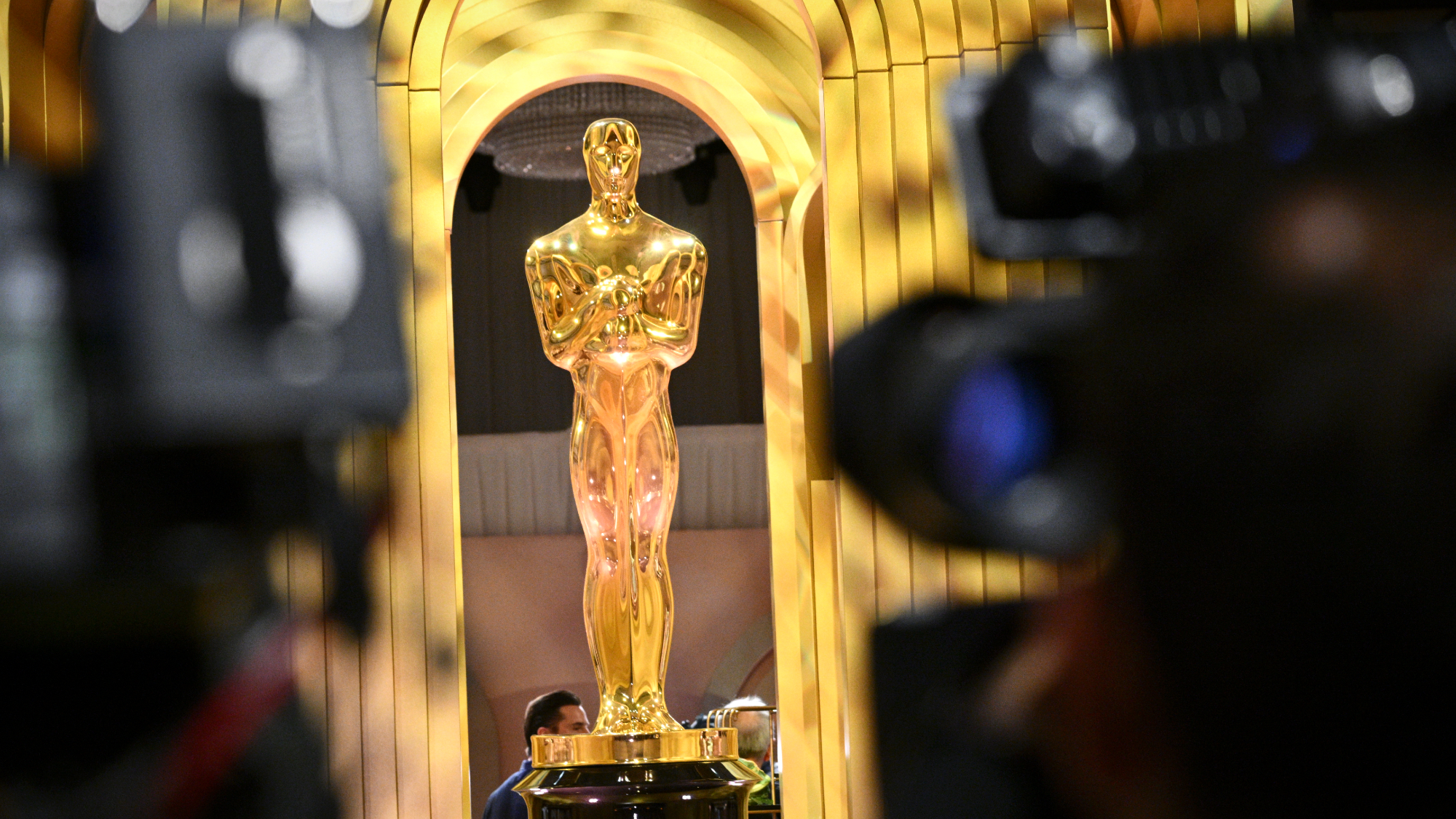Nepo baby: the viral buzzword stoking tensions in Hollywood
Celebrity children are in the spotlight as privilege rows rage on

A free daily email with the biggest news stories of the day – and the best features from TheWeek.com
You are now subscribed
Your newsletter sign-up was successful
So-called nepo babies are a hot topic on social media amid growing awareness of just how many celebrities have famous parents.
The phenomenon of nepo babies – short for nepotism babies – is nothing new, said Josephine Franks on Sky News. And “nepotism’s place in Hollywood is so cemented it should probably have its own gold star on the Walk of Fame”.
But, Franks added, the current “fascination” with neo babies has “illuminated the threads that make up the web of the entertainment industry’s stars and successes” – triggering widespread debate about such privilege.
The Week
Escape your echo chamber. Get the facts behind the news, plus analysis from multiple perspectives.

Sign up for The Week's Free Newsletters
From our morning news briefing to a weekly Good News Newsletter, get the best of The Week delivered directly to your inbox.
From our morning news briefing to a weekly Good News Newsletter, get the best of The Week delivered directly to your inbox.
Why is everyone talking about nepo babies?
According to Franks, the “explosion of interest” in nepo babies was sparked by a tweet early last year from a young Euphoria fan called Meriem Darradji about how the actor who plays Lexi Howard in the HBO drama is the daughter of actor Leslie Mann and filmmaker Judd Apatow.
Fellow social media users quickly weighed in with opinions about other celebrity children, ranging from Dakota Johnson to Brooklyn Beckham and Maya Hawke. And the debates reached fever pitch after New York magazine published a now-viral article in December exploring “Hollywood’s nepo-baby boom”.
"Proof that meritocracy is a lie"
“In most cases nepo babies aren’t hated,” said Alyx Gorman in The Guardian. The public has always been fascinated by them, and we don’t necessarily think they “lack talent”. However, “we also resent them”.
Nepo babies are “physical proof that meritocracy is a lie”, argued Vulture writer Nate Jones in the New York magazine article that stoked the privileges row.
A free daily email with the biggest news stories of the day – and the best features from TheWeek.com
Several targets of such criticism have defended themselves.Actor and model Zoë Kravitz, daughter of singer Lenny Kravitz and actor Lisa Bonet, told GQ: “It’s completely normal for people to be in the family business.”
Model Lily-Rose Depp, daughter of actor Johnny Depp and singer Vanessa Paradis, told Elle that it was “weird to me to reduce somebody to the idea that they’re only there because it’s a generational thing”.
Such comments merely enraged some critics, however. In a since-deleted Instagram Story, Italian model Vitorria Cedetti said Depp and other nepo babies should “appreciate and know the place you came from”.
Some other commentators have been more sympathetic. Allison Schrager argued on Bloomberg that while “promoting unqualified progeny to unsuitable jobs” is rightly criticised, “there’s still value in passing down the family business”.
Is nepotism just human nature?
Although “galling for talented people who work hard but don’t have famous parents to give them a leg-up”, nepotism is “ingrained in us”, said Lisa Salmon in The Independent.
That view was put forward by Noel Gallagher while talking to the Radio X Evening Show in January about how his daughter Anaïs had acted as a photographer at one of his recording sessions. “The whole nepotism thing, I mean it’s human nature to help your children out,” he said.
Fellow singer Lily Allen, daughter of actor Keith Allen, has argued on Twitter that the “nepo babies y’all should be worrying about are the ones working for legal firms,the ones working for banks,and the ones working in politics”.
The nepo babies phenomenon certainly “stretches far beyond Hollywood”, said The Economist. The Bush and Clinton families have long dominated US politics, while Canada’s Prime Minister Justin Trudeau is the son of former PM Pierre Trudeau.
And nearly 40% of American children born to parents in the top fifth of the income distribution remain in the top fifth as adults, according to research by Matthew Staiger, an economist with the Opportunity Insights group at Harvard University.
“America is said to be the land of opportunity,” concluded The Economist. “But when it comes to jobs with mum and dad, the opportunities are mainly for those at the top.”
-
 Hyatt chair joins growing list of Epstein files losers
Hyatt chair joins growing list of Epstein files losersSpeed Read Thomas Pritzker stepped down as executive chair of the Hyatt Hotels Corporation over his ties with Jeffrey Epstein and Ghislaine Maxwell
-
 Political cartoons for February 17
Political cartoons for February 17Cartoons Tuesday’s political cartoons include a refreshing spritz of Pam, winter events, and more
-
 Alexei Navalny and Russia’s history of poisonings
Alexei Navalny and Russia’s history of poisoningsThe Explainer ‘Precise’ and ‘deniable’, the Kremlin’s use of poison to silence critics has become a ’geopolitical signature flourish’
-
 The biggest box office flops of the 21st century
The biggest box office flops of the 21st centuryin depth Unnecessary remakes and turgid, expensive CGI-fests highlight this list of these most notorious box-office losers
-
 The 8 best superhero movies of all time
The 8 best superhero movies of all timethe week recommends A genre that now dominates studio filmmaking once struggled to get anyone to take it seriously
-
 Josh D’Amaro: the theme park guru taking over Disney
Josh D’Amaro: the theme park guru taking over DisneyIn the Spotlight D’Amaro has worked for the Mouse House for 27 years
-
 Golden Globes affirm ‘One Battle,’ boost ‘Hamnet’
Golden Globes affirm ‘One Battle,’ boost ‘Hamnet’Speed Read Comedian Nikki Glaser hosted the ceremony
-
 The most anticipated movies of 2026
The most anticipated movies of 2026The Week Recommends If the trailers are anything to go by, film buffs are in for a treat
-
 Oscars jump to YouTube after decades at ABC
Oscars jump to YouTube after decades at ABCSpeed Read The awards show will be broadcast worldwide on YouTube starting in 2029
-
 Son arrested over killing of Rob and Michele Reiner
Son arrested over killing of Rob and Michele ReinerSpeed Read Nick, the 32-year-old son of Hollywood director Rob Reiner, has been booked for the murder of his parents
-
 Rob Reiner, wife dead in ‘apparent homicide’
Rob Reiner, wife dead in ‘apparent homicide’speed read The Reiners, found in their Los Angeles home, ‘had injuries consistent with being stabbed’